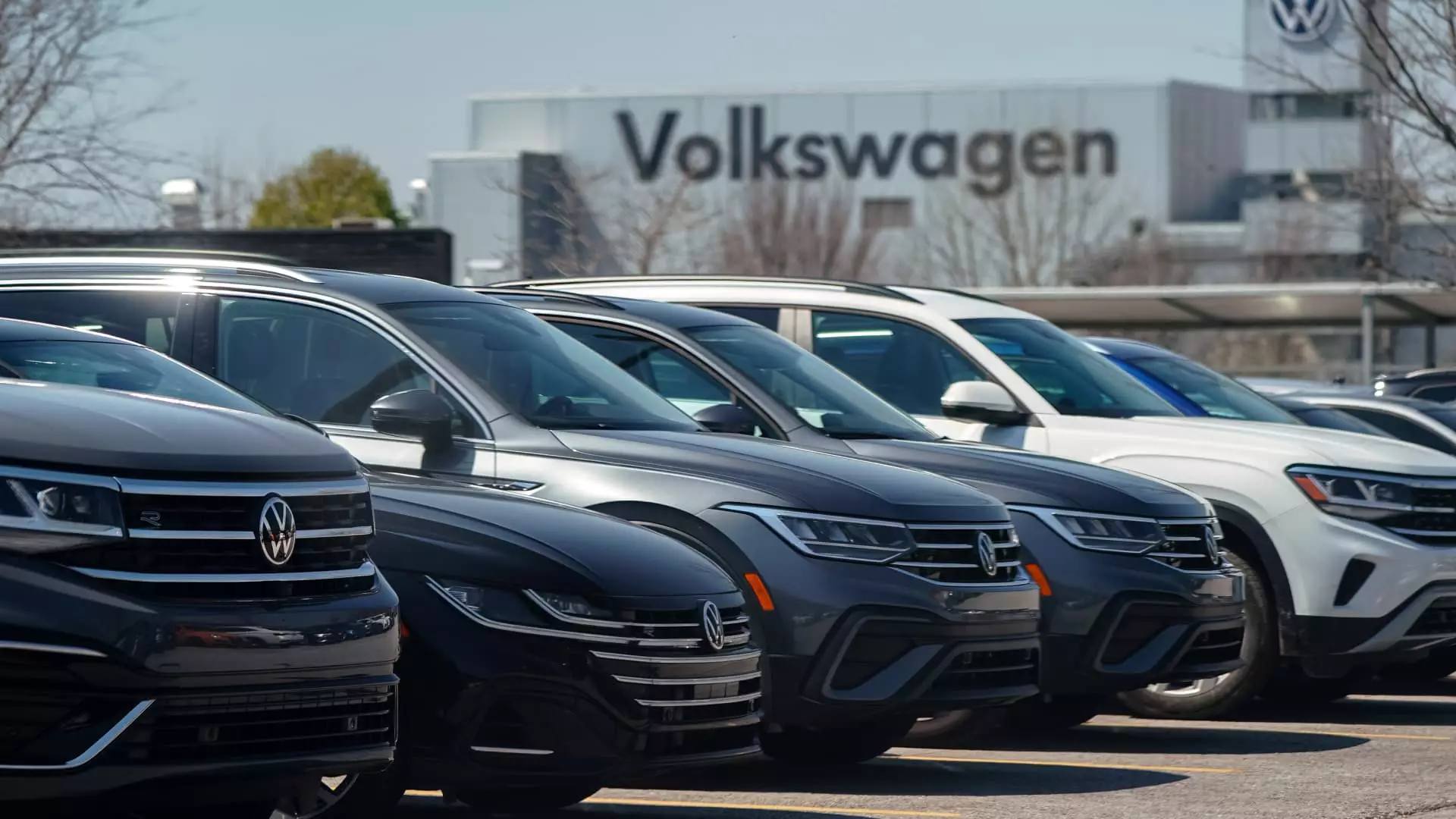The recent victory of the United Auto Workers at the Volkswagen plant in Chattanooga, Tennessee represents a significant milestone for the Detroit-based union. With 73% of the workers voting in favor of joining the UAW, this success marks the first time the union has managed to organize employees at a foreign-owned automaker plant in the Southern United States. This outcome has broader implications not only for Volkswagen and the UAW but also for the entire U.S. automotive industry.
The UAW’s success at Volkswagen sets a precedent that could potentially influence other automakers and organized labor movements in the country. By leveraging its record contracts with the Big Three Detroit automakers, the UAW aims to expand its organizing efforts to include other non-union automakers such as BMW, Honda, Toyota, and more. This victory is expected to inspire further action among workers in the auto industry and beyond, leading to a wave of unionization drives across various companies.
One of the primary concerns arising from the UAW’s victory at Volkswagen is the impact it may have on labor costs and profitability. UAW organizers used the substantial wage increases and benefits secured in contracts with Detroit automakers to garner support for the union at the Chattanooga plant. While this could lead to higher labor costs for Volkswagen, it may help level the playing field for the Big Three automakers, who already have higher all-in labor costs compared to non-unionized companies like VW. However, the actual outcome will depend on the negotiations between the union and Volkswagen.
The success at Volkswagen is just the beginning of the UAW’s broader organizing plans, with the upcoming election at the Mercedes-Benz plant in Alabama on the horizon. Despite facing opposition and skepticism, the UAW remains determined to expand its presence and influence in the auto industry. The union’s strategic approach and persistence indicate that this victory at Volkswagen is likely not an isolated event but a sign of things to come.
Future of Unionization in the Auto Industry
The UAW’s victory at Volkswagen has reignited discussions about the role of unions in the automotive sector and the potential implications for workers and companies moving forward. While some opponents have raised concerns about job losses and increased labor costs, others see this as an opportunity to improve working conditions and wages for autoworkers. The changing landscape of the industry, combined with evolving labor dynamics, suggests that unionization efforts like those seen at Volkswagen may become more common in the future.
The UAW’s recent success at Volkswagen’s Chattanooga plant has significant implications for the auto industry, organized labor, and the broader economy. This victory not only demonstrates the union’s ability to adapt and thrive in a changing landscape but also sets the stage for potential changes in labor relations across the country. As the UAW continues its organizing efforts at other automakers, the impact of these actions on workers, companies, and the industry as a whole remains to be seen.

